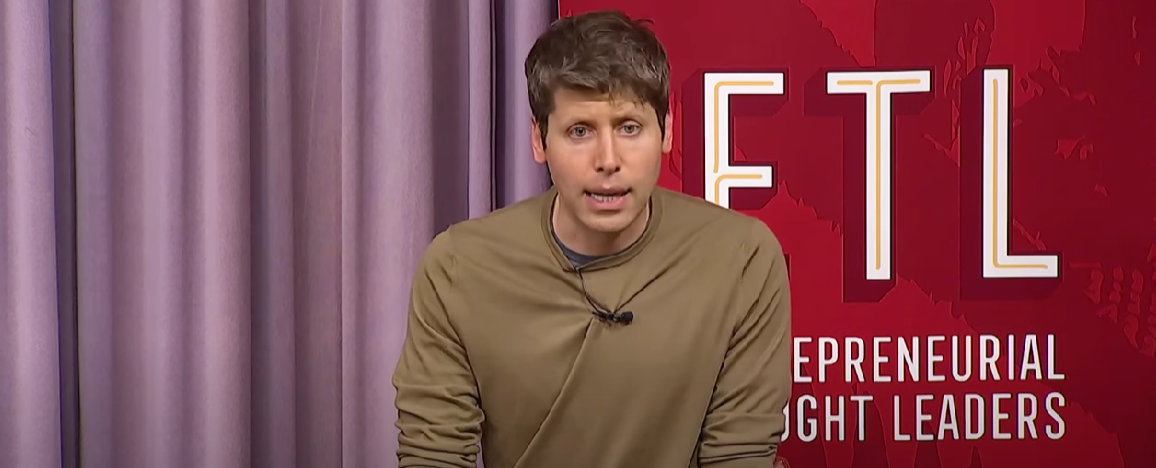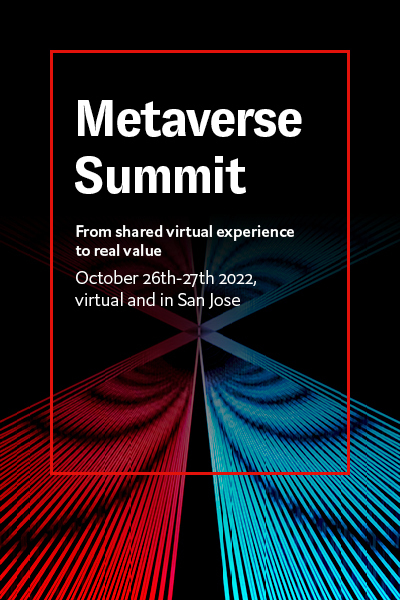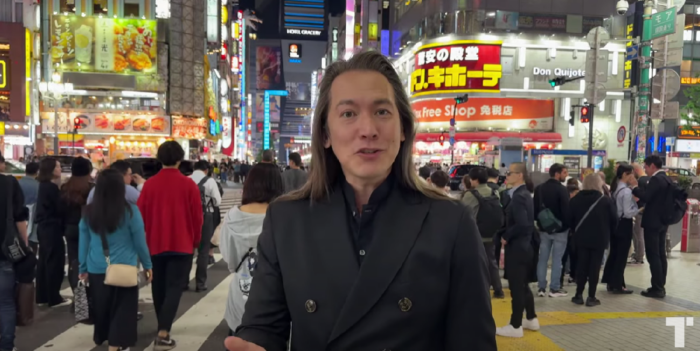- Last modified: May 8, 2024
In a recent talk at Stanford University, Sam Altman, CEO of OpenAI, talked about the transformative potential of artificial intelligence (AI) and how it could change our lives. Altman, whose company is behind the novel AI models like ChatGPT, focused on the unprecedented opportunities that lie ahead.
One of the key points Altman made was the rapid pace of progress in AI capabilities.
“I think every year for the next many we have dramatically more capable systems every year,” he said. This relentless advancement suggests that we are just scratching the surface of what AI can achieve.
Altman also called attention to the far-reaching impact AI could have on various domains, saying “If we can send the robots that seems easier” when asked about the role of AI in space exploration. This sentiment underscores the potential for AI to tackle complex challenges and venture into realms that are inhospitable for biological life.
However, Altman acknowledged the need for responsible deployment of AI, especially as models become more advanced. He expressed concern about “how we’re going to do this all responsibly,” stressing the importance of tight feedback loops and iterative deployment to ensure AI systems are beneficial and aligned with societal values.
Addressing the prospect of creating something smarter than any human, Altman admitted, “It of course does,” when asked if the idea scares him. He then provided a thoughtful perspective, likening the progression of AI to the scaffolding of knowledge and capabilities that society has built over time, enabling each generation to achieve greater heights.
In Altman’s view, the true power of AI lies in its ability to contribute to this collective scaffolding, enabling future generations to tackle problems and pursue possibilities that were previously unimaginable.
“Things that are smarter than us will contribute to that same scaffolding and that’s always a little bit scary, but I think it’s like more way more good than bad,” said Altman.
What Altman’s views underscore are the huge potential of AI while acknowledging the challenges and ethical considerations that must be addressed, too. As AI marches on, his words serve as a reminder that embracing this transformative technology responsibly could lead to unprecedented progress and a better future for all.
Featured image: Credit: Stanford University







